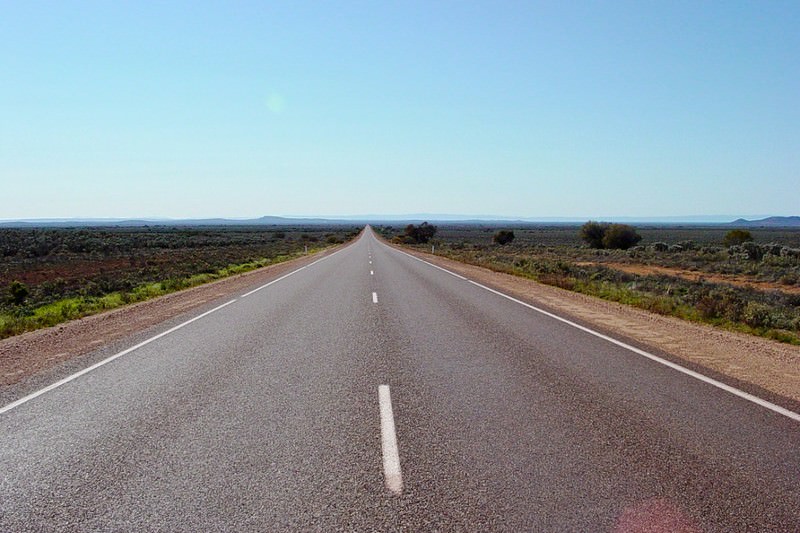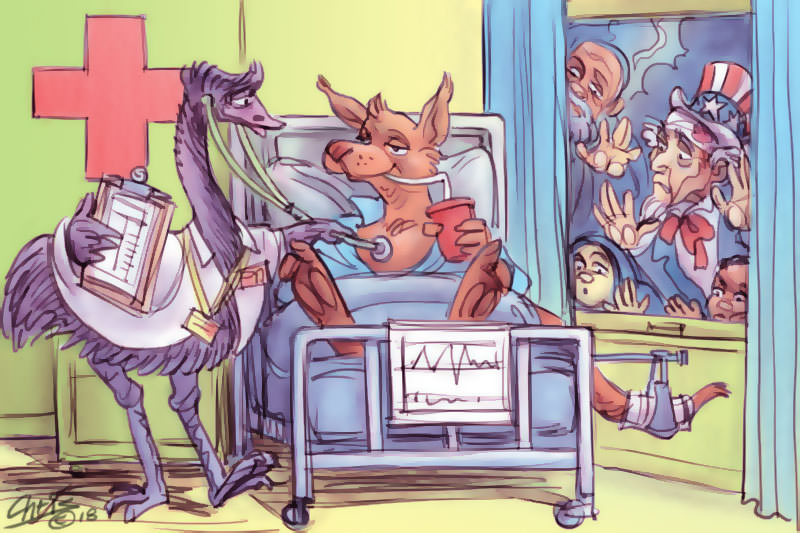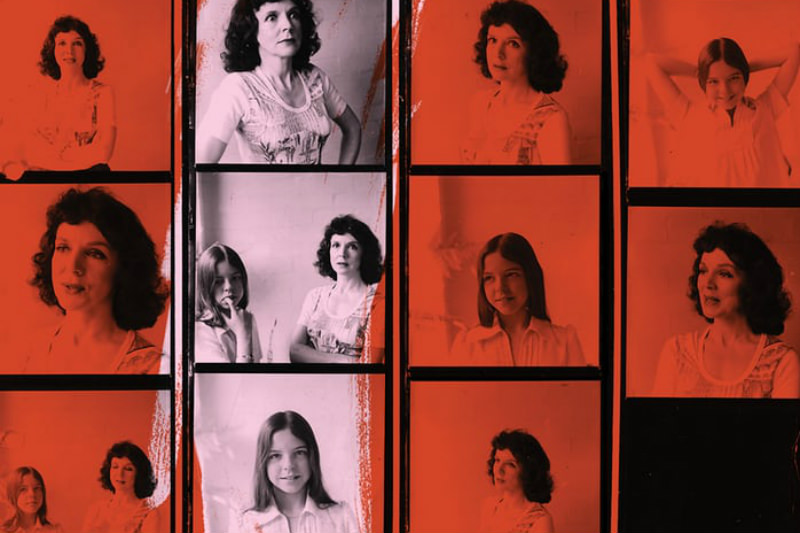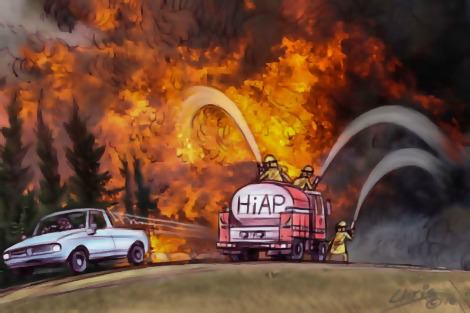Keywords: Social Determinants Of Health
-

AUSTRALIA
What is often not expected or well understood is the effect of ‘lag time’ aftershocks in our regions following economic crisis. Lag time is an attribute of some rural, regional and remote communities and is most often seen in economically path dependent and single industry communities, many of which of course, comprise RRR Australia.
READ MORE 
-

AUSTRALIA
- Sheila Ngoc Pham
- 30 July 2018
3 Comments
Australia's healthcare system reflects some of our best values, which surely demands we think about how we can make it work better. We need to ensure care is extended beyond our immediate communities, because we're all interconnected — including asylum seekers on Manus and Nauru.
READ MORE 
-

ARTS AND CULTURE
Using memoir as a kind of litmus, Atkinson challenges the myth that traumatic events are socially 'out of character' and asks us to look at how by its very nature, patriarchy demands the abuse of its most vulnerable citizens.
READ MORE 
-

AUSTRALIA
Health spending takes up a significant amount of federal and state government spending. But is this to keep Australians healthy, or to treat us when we get sick? The budget was a missed opportunity to invest in preventative health measures, and to fix health inequalities through policies informed by the social determinants of health.
READ MORE 
-

AUSTRALIA
- Kate Galloway
- 09 January 2018
The inquiry into Indigenous incarceration in Australia recognises and validates widely held concerns. On the other hand, it also represents the abject failure of successive governments around the country to pay heed to what we do know about the incarceration of Aboriginal and Torres Strait Islander Australians.
READ MORE 
-

AUSTRALIA
Next year marks four decades since promulgation of the seminal Declaration of Alma Ata, which declared health to be a fundamental human right and laid the foundations for what are now widely championed as the social determinants of health. Without action on the social determinants, health policy can be a little like that joke about the cyclopean orthopod who, when confronted with a patient suffering fatal internal bleeding, is interested only in fixing their broken leg. So it is with last week's Budget.
READ MORE 
-

AUSTRALIA
- Kate Galloway
- 14 February 2017
7 Comments
The Australian Law Reform Commission inquiry into Indigenous incarceration in Australia recognises and validates widely held concerns. On the other hand, it also represents the abject failure of successive governments around the country to pay heed to what we do know about the incarceration of Aboriginal and Torres Strait Islander Australians, including the failure to implement the recommendations of the Royal Commission into Aboriginal Deaths in Custody.
READ MORE 
-

AUSTRALIA
- Frank Brennan
- 13 October 2016
2 Comments
With idealism and pragmatism, I invite you criminal lawyers in the next 30 years to imagine and enact a better criminal justice system which alleviates rather than exacerbates the devastating effects of colonisation and marginalisation on Indigenous Peoples, and most particularly their children. An intelligently designed criminal justice system must help secure the foothold of Indigenous children in both the Market and the Dreaming.
READ MORE
-

AUSTRALIA
- Melissa Sweet
- 14 June 2016
6 Comments
When politicians and journalists speak about 'health' in an election context, they invariably are referring to healthcare, and usually hospitals at that. However, the health of individuals and communities is the result of many factors, of which access to healthcare is just one determinant. Climate change - the defining issue for public health this century, according to the World Health Organization's outgoing director general Dr Margaret Chan - barely figures in election health debate.
READ MORE 
-

EDUCATION
- Frank Brennan
- 18 October 2013
'My sixth piece of advice is for all graduates and not just those of you who are religious. We all need to develop a comprehensive worldview, nurturing the sense of the transcendent in the human spirit, and holding together in tension ideals and reality, dreams and our shortcomings.' Full text from Frank Brennan's La Trobe Graduation Address, Health Sciences, 18 October 2013.
READ MORE
-

AUSTRALIA
- Ray Cassin
- 30 August 2013
29 Comments
Subscribers to Eureka Street are changing their political allegiance in this federal election campaign. A readers’ survey conducted last week revealed a shift away from the ALP, which the majority of poll respondents supported in the 2010 federal election. The Greens have been the chief beneficiary.
READ MORE 
-

RELIGION
- Frank Brennan
- 21 August 2012
Fr Frank Brennan SJ is board director of St Vincent's Health Australia and professor of law and director of strategic research projects (social justice and ethics) at Australian Catholic University. Text is from his address at Leading the Way, the Catholic Health Australia Conference, Perth 21 August 2012, Governance and Mission stream.
READ MORE